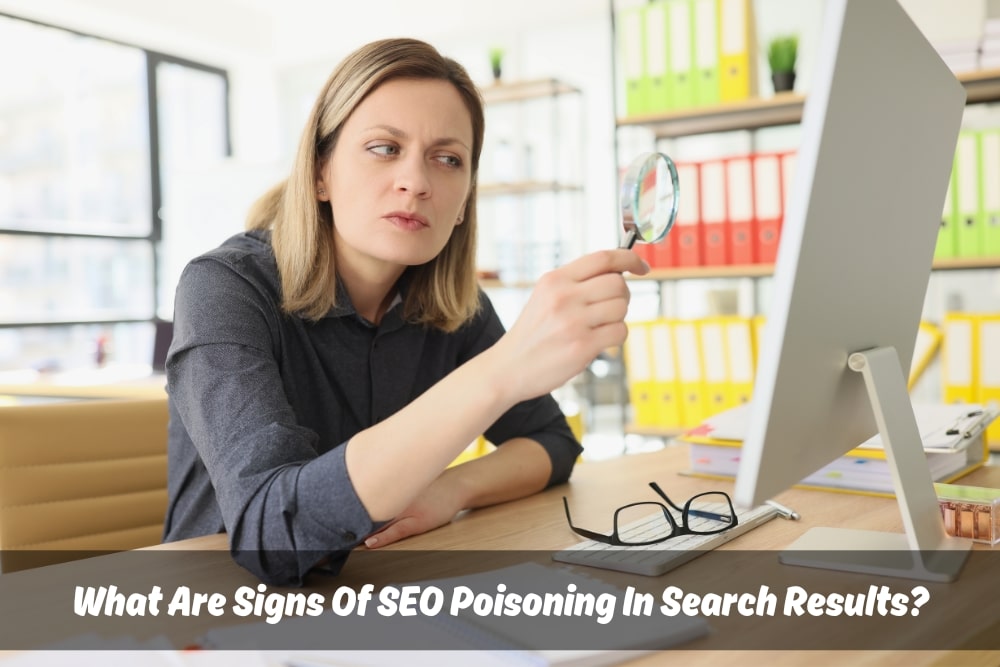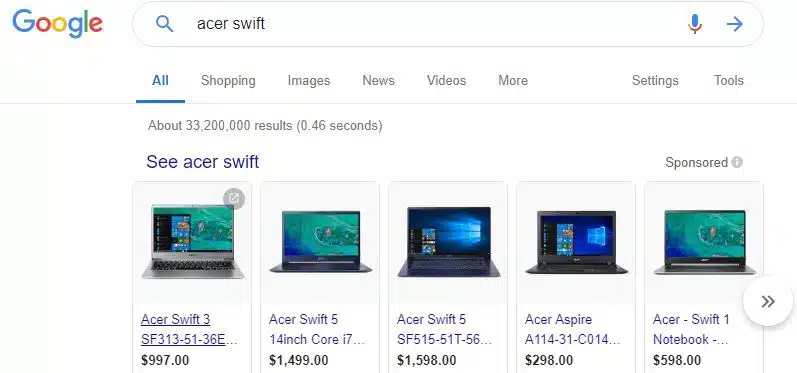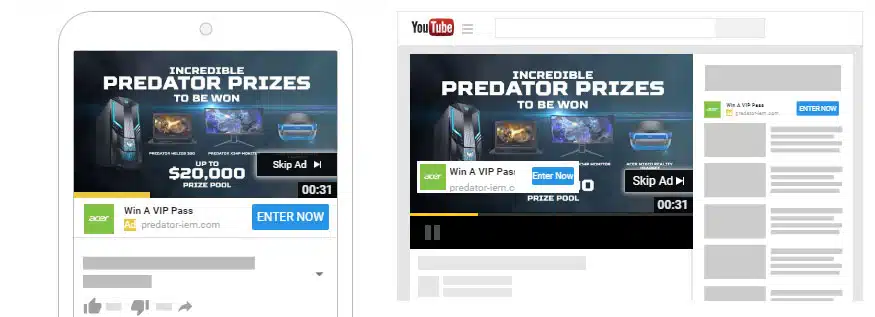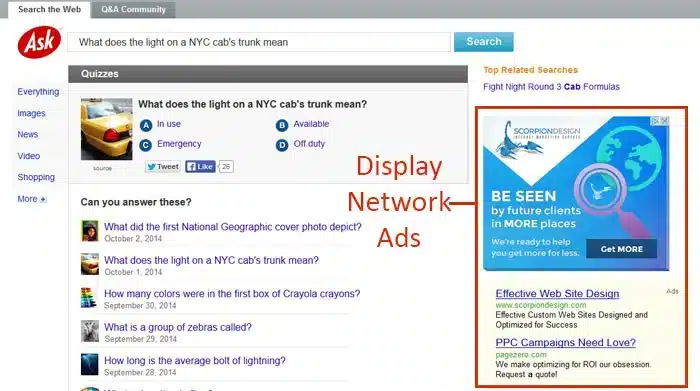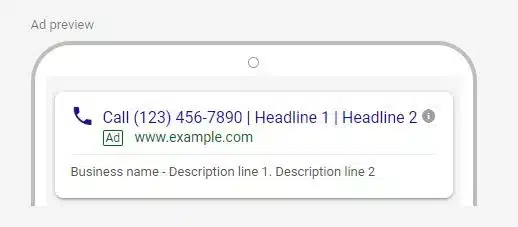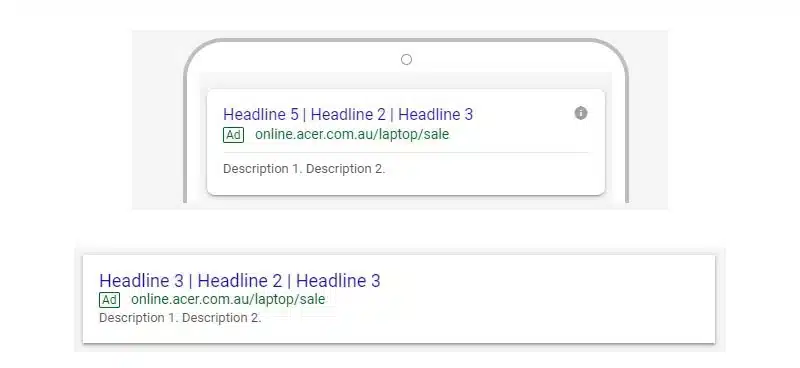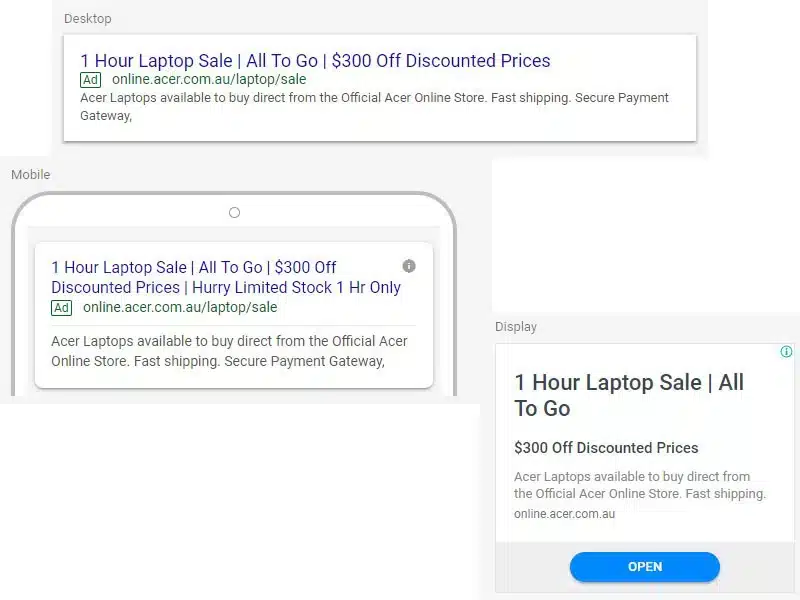Ever fired up the trusty search engine to find yourself wading through a swamp of irrelevant websites? That could be SEO poisoning at play. While it’s not a physical illness (fortunately!), it can definitely make finding what you need online a headache.
What is SEO poisoning and why does it matter?
SEO (Search Engine Optimisation) is all about websites ranking high in search results for relevant keywords. But sometimes, dodgy characters try to game the system. This is SEO poisoning, where websites use underhanded tactics to trick search engines into giving them a higher ranking, pushing down the genuinely good stuff. Here’s why it matters:
- Wasted time: Spending hours sifting through search results cluttered with irrelevant or low-quality websites. It’s like chasing SEO mirages that vanish upon closer inspection.
- Security breaches: Malicious actors can use poisoned websites as gateways to distribute malware or launch phishing scams. These can steal your data, infect your devices, or trick you into revealing sensitive information.
- Misinformation maze: Dodgy SEO tactics can propel irrelevant or even false information to the top of search results. This makes it harder to find credible sources and navigate the online world with confidence.
How does SEO poisoning occur?
In the SEO world, some folks (let’s call them the ‘creative optimisers’) use tactics that might raise eyebrows. These tactics aim to trick search engines into giving their websites a ranking boost. Here are a few of these techniques:
- Keyword stuffing: Imagine jamming a whole Thanksgiving turkey into a teacup. That’s kind of like keyword stuffing. It’s where irrelevant keywords are crammed into a webpage, hoping to appease search engine algorithms, but offering nothing of value to real visitors.
- Cloaking: This is like showing a search engine crawler (the bots that rank websites) your perfectly polished resume, but greeting human visitors with your gym clothes. It’s presenting different content to search engines than what users actually see. Deceptive and ultimately ineffective.
- Negative backlinks: Backlinks are like votes of popularity for websites in the eyes of search engines. Quality backlinks from relevant sources help a website rank well. Black hats might try to build a bunch of low-quality or spammy backlinks, hoping for a ranking boost. But this usually backfires, as search engines can penalise websites with such tactics.
What red flags should you look for to identify poisoned search results?
While the top search results might seem like a trustworthy bunch, there are a few red flags to watch out for:
- URL mishap: Imagine the website address went through a blender with your keyboard. Typos, strange symbols, and random number strings are all signs of potential trouble. Steer clear!
- Content conundrum: Is the content riddled with typos, written in nonsensical gibberish, or simply doesn’t answer your search query? It might be a misleading website disguised as a legitimate one. Be wary!
- Pop-up palooza: Getting bombarded with pop-ups the moment you land on a website? It’s a classic sign of a website that might not have your best interests at heart. Think “exit strategy” faster than you can say “phishing scam.”
- Redirect roulette: Clicking on a search result only to find yourself on a completely different website selling questionable products? This is a major red flag. You might have stumbled upon a website that’s trying to trick you. Hit the back button and keep searching!
What are the risks associated with SEO poisoning?
Beware of poisoned search results! Clicking on them can unleash some unpleasant surprises:
- Malware Mayhem: Malicious websites can be trapped with malware, just waiting to infect your device or steal your data. Think of it as a software sneak attack.

- Phishing scams: These sneak attacks try to grab your personal info, like passwords and credit card numbers, by mimicking real websites. If you get an email or message pushing you to a website that looks like your bank or favourite store, but something seems fishy, trust your gut.
- Time-Sucking Traps: The whole point of searching online is to find what you need quickly. SEO poisoning just wastes your precious time and leaves you feeling frustrated.
How can you prevent it?
Totally stopping SEO poisoning is tough, but there are ways to build your defences:
- Don’t be a click magnet: Resist the urge to click on the first flashy link that pops up. Take a moment to examine the website address and scan the content. Does it seem reliable and trustworthy?
- Seek reputable sources: When researching specific topics, prioritise established organisations, government websites, and well-known publications. These sources are much less likely to be engaging in deceptive SEO tactics.
- Become a search master: Most search engines offer advanced filtering options. You can sort by date, source, or even exclude keywords that might be red flags for SEO poisoning attempts.
- Consider a security ally: Browser extensions can be a valuable line of defence. Some extensions specialise in identifying and blocking malicious websites altogether, providing an extra layer of protection.
Conclusion
SEO poisoning can be frustrating, but with some web smarts and a keen eye for red flags, you can navigate search results like a seasoned captain through rough seas. By applying a bit of caution and the valuable SEO skills you learned here (think of them as your seafaring expertise!), you can avoid those sketchy websites and find the treasure trove of information you seek.
Rank higher, breathe easier: Get your free SEO audit!
Feeling stressed about SEO poisoning hurting your website and online marketing? Nifty Marketing Australia can be your guardian in the Wild West of SEO. We’re a team of white-hat SEO specialists who use proven strategies to get you ranking high in search results, the honest way. No shady tactics here, just results you can trust. If you’re concerned about SEO attacks, we assist with comprehensive website audits and ethical SEO strategies to keep your online presence safe and secure.
Don’t let SEO poisoning drag your website down. Contact us today for a free consultation and let’s get your website ranking where it deserves to be – at the top of the search results, for the right reasons.


